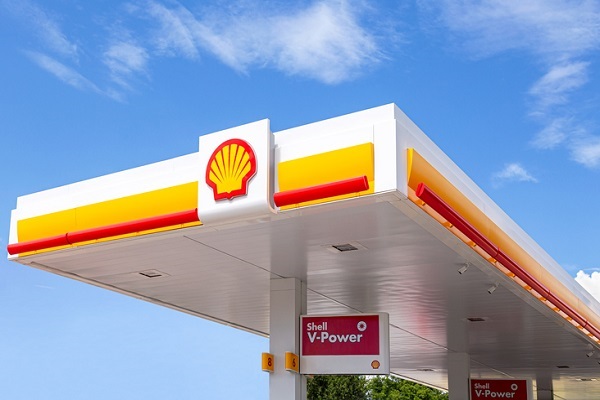ii view: Shell flags potential $1 billion biofuel charge
Having made share price gains in both 2022 and 2023, this energy major is up again in 2024. We assess prospects.
5th July 2024 11:30
by Keith Bowman from interactive investor

Second-quarter trading update to 30 June
- Expects integrated gas production of between 940-to-980 thousand barrels of oil equivalent per day (kboe/d), compared to a previous estimate of 920-to-980 (kboe/d)
- Taking a non-cash post tax impairment of between $1.5 to $2 billion
ii round-up:
Energy giant Shell (LSE:SHEL) today largely left second-quarter performance expectations unchanged but detailed an impairment charge of up to $2 billion following previous operational changes.
A charge of up to $1 billion comes in the wake of management’s recent decision to temporarily pause construction of a biofuels facility in the Netherlands given changed market conditions. A further $0.8 billion relates to the previous sale of chemical production assets in Singapore.
Shares in the FTSE 100 giant eased 0.6% in UK trading having come into this latest news up by just over a tenth year-to-date. That’s ahead of a gain of around 6% for European rivals BP (LSE:BP.) and TotalEnergies SE (EURONEXT:TTE) and similar to the rise for Brent crude in 2024. The FTSE 100 index itself is up 7% year-to-date.
- Invest with ii: What is a Managed ISA? | Open a Managed ISA | Transfer an ISA
Just days ago, Shell announced that work for a new 820,000 tonnes a year biofuels facility in Rotterdam had been paused. The decision came in order to assess project delivery and ensure future competitiveness.
Shell invested $7.9 billion in low-carbon energy and non-energy products during 2023, down from $8.2 billion in 2022.
Production for the integrated gas division during Q2 is expected to be between 940 and 980 (kboe/d), marginally better than its previous estimate of 920-980 (kboe/d).
Second-quarter performance for the downstream marketing business is expected to prove similar to Q1.
Q2 results to the end of June are due 1 August.
ii view:
In business for more than 100 years, the FTSE 100 index giant changed its name in 2022 from Royal Dutch Shell to just Shell and moved its headquarters to the UK. It employs over 100,000 people across 70 countries. Competing against rivals such as Exxon Mobil Corp (NYSE:XOM) and even SSE (LSE:SSE) given its renewables business, Shell’s strategy includes further simplifying the company and sharpening performance.
For investors, the uncertain economic outlook, particularly for China, continues to offer uncertainty regarding energy demand. Global geopolitical tensions and the speed with which the West’s relationship with Russia changed should not be forgotten. Windfall taxes introduced following higher energy prices and the war in Ukraine, persist, while Shell’s own dialling back of investments in climate change friendly operations does not sit comfortably with all.
- Sign up to our free newsletter for share, fund and trust ideas, and the latest news and analysis
- Best UK stocks, sectors and markets in first half of 2024
- 18 FTSE 100 stocks about to return billions in dividend income
On the upside, a diversity of operations across oil, gas, chemicals, and alternatives regularly allows one area of strength to counter another one of weakness. Cost rises for businesses generally have eased. Expected interest rate cuts later this year could boost demand for energy, while net debt has reduced from pandemic levels.
In all, and despite ongoing risks, both a consensus analyst fair value estimate of £32 per share and a forecast dividend yield above 3.5% should continue to underpin Shell’s position in many investor portfolios.
Positives:
- Diversity of operations
- Reducing net debt
Negatives:
- Uncertain economic outlook
- The weather can raise operational challenges
The average rating of stock market analysts:
Buy
These articles are provided for information purposes only. Occasionally, an opinion about whether to buy or sell a specific investment may be provided by third parties. The content is not intended to be a personal recommendation to buy or sell any financial instrument or product, or to adopt any investment strategy as it is not provided based on an assessment of your investing knowledge and experience, your financial situation or your investment objectives. The value of your investments, and the income derived from them, may go down as well as up. You may not get back all the money that you invest. The investments referred to in this article may not be suitable for all investors, and if in doubt, an investor should seek advice from a qualified investment adviser.
Full performance can be found on the company or index summary page on the interactive investor website. Simply click on the company's or index name highlighted in the article.